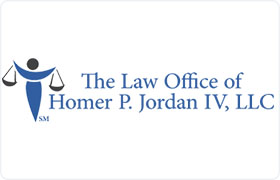Williamson Divorce & Family Law Lawyer, Georgia
Sponsored Law Firm
-
 x
x

Click For More Info:
-
The Law Office of Homer P. Jordan IV, LLC
125 Townpark Drive Suite 300 Kennesaw, GA 30144» view mapDivorce & Family Law Legal Solutions for a Brighter Tomorrow
At The Law Office of Homer P. Jordan IV, LLC in Kennesaw, we are dedicated to helping clients throughout the Atlanta area, including Cobb, Cherokee and Paulding counties.
800-590-3350
Melissa Sanford
✓ VERIFIEDDivorce & Family Law, Criminal, Child Custody, Adoption
Melissa Sanford has built her career on helping clients in the areas of family law and criminal defense. By focusing primarily on these two areas in h... (more)
FREE CONSULTATION
CONTACTJody Louis Sellers
Juvenile Law, Divorce & Family Law, Criminal, Personal Injury
Status: In Good Standing Licensed: 13 Years
FREE CONSULTATION
CONTACTMichele Wunderlich Ogletree
Family Law, Divorce & Family Law
Status: In Good Standing Licensed: 30 Years
Tammy Marie Griner
Family Law, Divorce & Family Law, Children's Rights, Civil & Human Rights
Status: In Good Standing Licensed: 33 Years
Timothy N. Shepherd
Federal Trial Practice, Government, Family Law, Divorce & Family Law
Status: In Good Standing Licensed: 43 Years
 Homer Jordan Kennesaw, GA
Homer Jordan Kennesaw, GA AboutThe Law Office of Homer P. Jordan IV, LLC
AboutThe Law Office of Homer P. Jordan IV, LLC Practice AreasExpertise
Practice AreasExpertise

